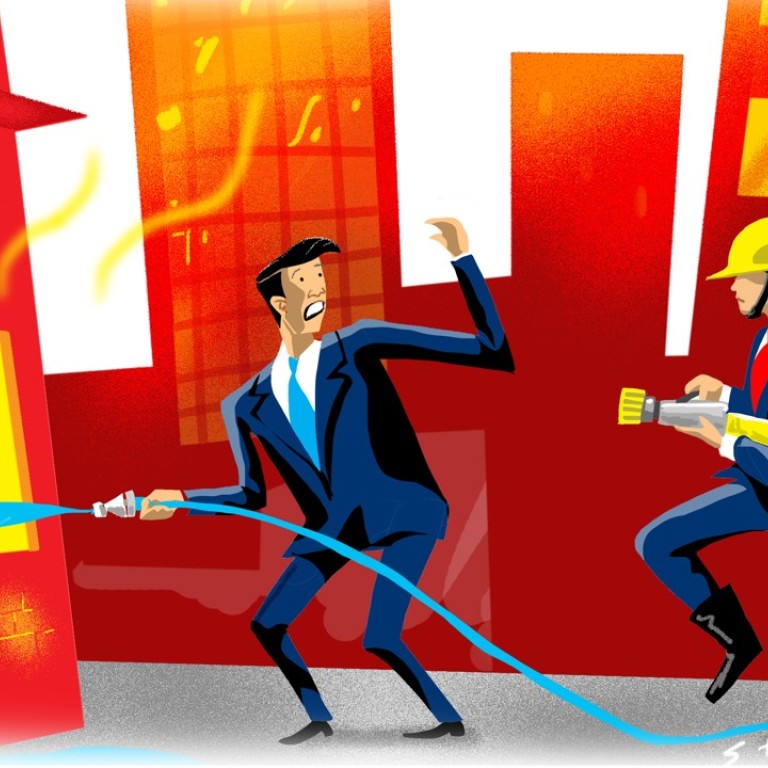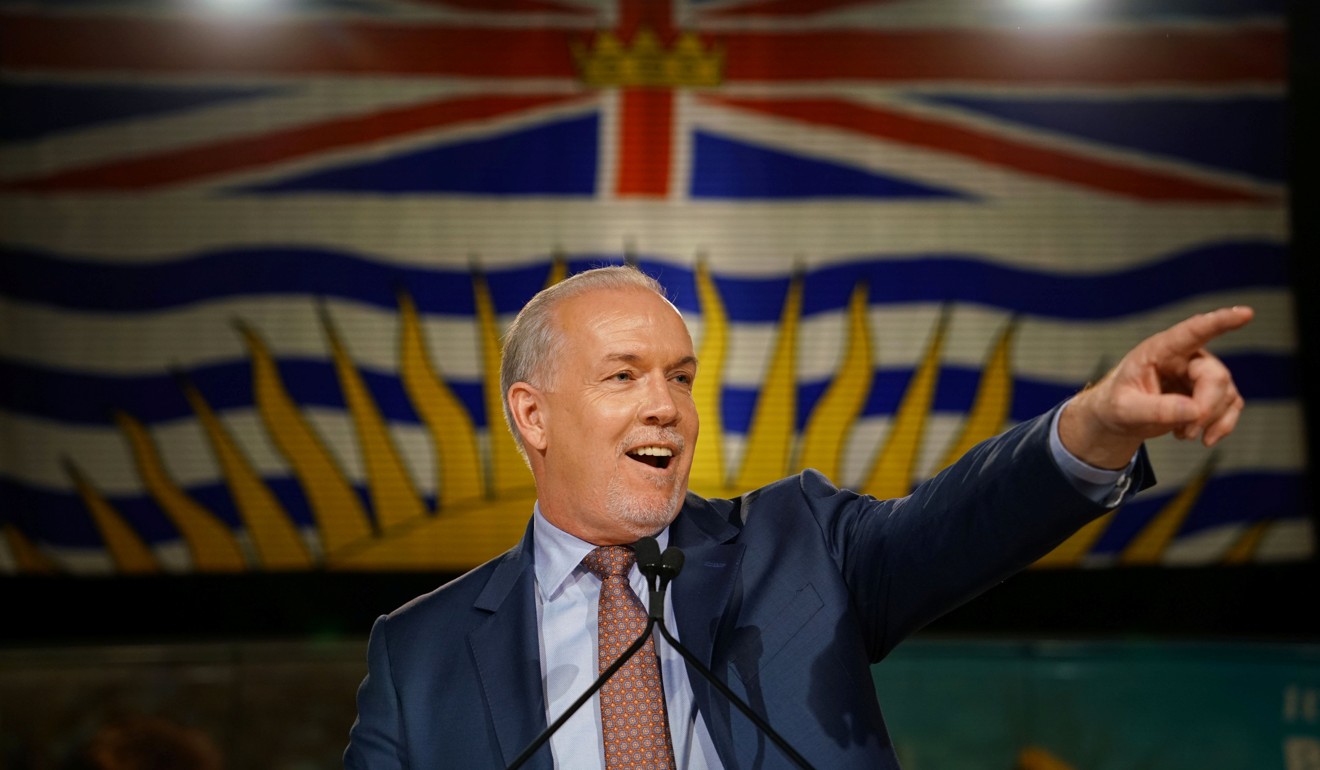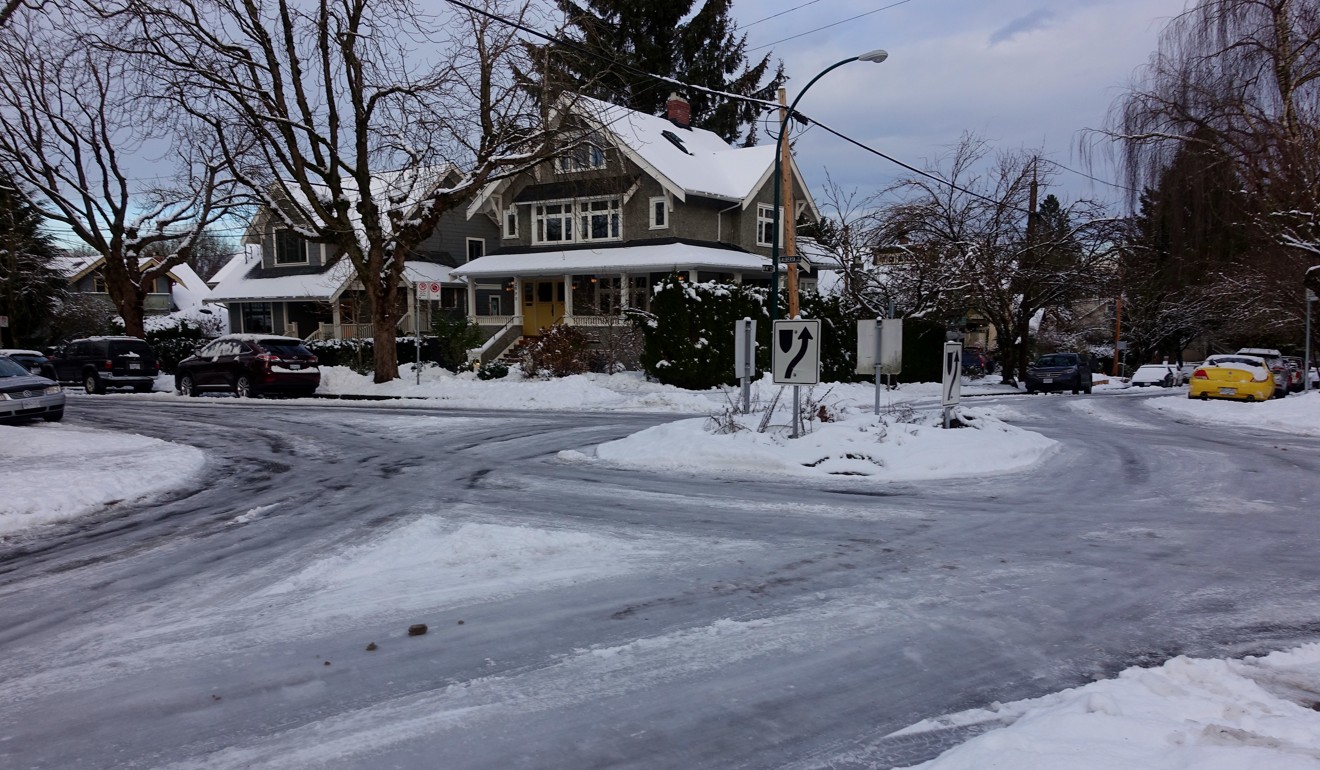
What Vancouver’s property cooling measures can teach Hong Kong: it needs an arsenal of weapons
Patrick Blennerhassett says the Hong Kong’s government’s proposed vacancy tax is a step in the right direction, but it will take more than that to cool the property market
A new provincial leader from the New Democratic Party was voted in last May, cobbling together a coalition government on the promise of putting renters and local buyers before sellers, developers and international investors when it came to real estate. The recently announced measures by this left-leaning government bent on bringing affordability back to the real estate industry have dramatically dampened sales across British Columbia and vacancy rates have gone up.
The question is, how much of a role did Vancouver’s empty homes tax play in the cooling?

The tax applies to homes within the municipality’s jurisdiction and numbers released by the city earlier this year put revenue at more than C$30 million (US$22.6 million). Vancouver Mayor Gregor Robertson, who will not seek re-election in this year’s local election, held a press conference to release the first year’s numbers from the tax. According to City of Vancouver statistics, about 3,300 homes were hit with a median tax of C$9,900 out of 183,000 registered residential homes. The city has a population of 647,540.
During a news conference, Robertson was unabashed about how the city plans to use the cash. “For those who did not rent their property and chose to pay the empty homes tax, I just want to say thank you for contributing to Vancouver’s affordable housing funding,” he said.
In 2018, things have finally changed, and the peak for Vancouver’s real estate boom appears to have finally passed
A walk through Coal Harbour at night in downtown Vancouver, one of the city’s toniest neighbourhoods, and the impact is crystal clear: high-rise buildings look as if the electricity has been cut off for three-quarters of the apartments. But now in 2018, things have finally changed, and the peak for Vancouver’s real estate boom appears to have finally passed.
Recent Real Estate Board of Greater Vancouver statistics show all these new measures could be loosening up supply across the region. The total number of properties listed for sale on the multiple listings service system in Metro Vancouver was 11,292 for May, a 38.2 per cent increase compared to May 2017 (8,168) and a 15 per cent increase compared to April (9,822). Sales across the region for May were 19.3 per cent below the 10-year average. These downward trending numbers are something Vancouver has not seen for a very long time.

The provincial government’s announced speculation tax and upping the foreign buyer’s tax from 15 per cent to 20 per cent with expanded province-wide reach have also played a significant role in the new real estate statistics. Along with new mortgage stress test rules that apply federally, it appears numbers are starting to drop across the board nationally, even in Toronto.
The last holdout appears to be rental rates.
Could Hong Kong’s vacancy tax have a similar impact? Alone, not a chance. For Vancouver, it seems an allied fiscal policy approach is the only way to solve the housing crisis.
If Hong Kong’s government is serious, it needs to force its lenders to tighten up mortgage restrictions, clamp down on developers hoarding flats through a speculative tax, and possibly expand its stamp duty tax to somehow include offshore companies. This could be a lot trickier in Hong Kong given the circumstances.
Watch: Explaining Hong Kong’s housing crisis
Hong Kong’s vacancy tax is a step in the right direction; however, it can only be one weapon in a much larger arsenal
Vancouver’s tipping point also coincided with a heated provincial election. The centre-right British Columbia Liberal Party, which had been in power from 2001 to 2017, had been largely mum on the issue of housing and affordability. It’s first real measure, introducing the foreign buyer’s tax, seemed like an election ploy to woo voters as they headed to the polls. Young couples and millennials across the region, who had largely been priced out of the housing market, and renters upset at rising rates and “renovictions”, in which developers found ways to push them out, became a hot-button issue as voters cast their ballots.
It was a meek victory for the New Democratic Party, which needed a strange bedfellow in the left-leaning Green Party to come to power, but the message was clear: the private sector will not sort itself out when it comes to housing.
Stringent and sweeping measures from all levels of government that not only incentivise affordability but punish speculation and those who regard real estate as a cash grab are the only way to douse a seemingly eternal flame. Hong Kong’s vacancy tax is a step in the right direction; however, it can only be one weapon in a much larger arsenal.
Patrick Blennerhassett is an award-winning Canadian journalist and author currently based in Hong Kong

